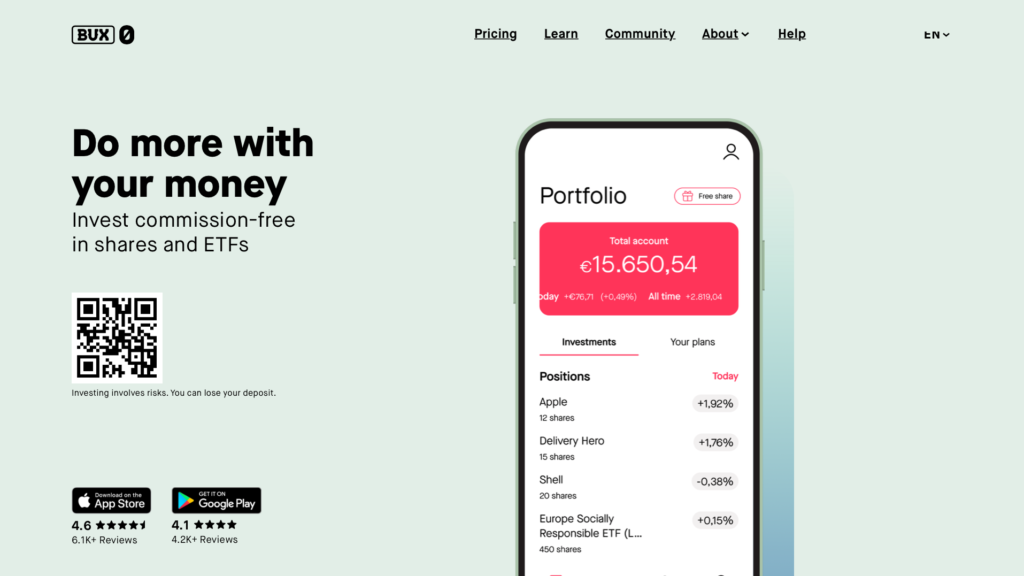
Bitcoin While Black: The impact of the cryptocurrency crisis on communities of color
One of the relatively underreported stories of 2022 – at least in the fintech press – was the impact of the cryptocurrency crisis on communities of color – especially African-American communities. At first glance, this might appear to be an odd take: why – and how – would a community that has historically been more un- and underbanked than the population at large end up being especially affected by a crisis in such a niche area of contemporary finance?
As Annie Lowrey wrote in a comprehensive article for The Atlantic back in November, it was years of “neglect” from the traditional financial system that made African Americans especially vulnerable to the appeal of cryptocurrencies as an alternative. Add to this the post-George Floyd “racial reckoning” and renewed emphasis on ethnic identity among many African Americans, and it is easy to see how many came to see investment in cryptocurrencies as a way of building the kind of generational wealth that has eluded black Americans for, well, generations.
And there was no lack of enthusiasts encouraging black Americans to pursue this path, either. For much of 2021 and into 2022, my inbox was filled with queries and requests for interviews from entrepreneurs eager to make the case that cryptocurrencies were the ticket to take black Americans to, if not wealth, then at least a greater sense of financial independence and empowerment. Books like Bitcoin & Black America and Bitcoin for Black People, as well as events like the Black Blockchain Summit all helped encourage African Americans to believe that they could do things with digital assets that too few had been able to accomplish via the world of traditional banking and fiat currencies.
I’ll leave it up to Lowrey to describe what went wrong – though the perennial problem of investors arriving late to a booming market helps explain a lot of it. Whether the cryptocurrency bust of 2022 sours African American investors on digital assets in an enduring way remains to be seen. But Bitcoin won’t be the last boom to come knocking on the doors of the African American community – after it has already visited every other neighborhood in town.
Revolut introduces crypto staking
Revolut announced this week that it is giving its customers in the U.K. and Europe the opportunity to earn cryptocurrency rewards if they allow financial institutions to “stake” their coins as part of a blockchain transaction verification process. Staking, as explained by Revolut’s Kirsty Daniel this week, involves participating in proof-of-stake blockchains which, like mining, help support the security of the overall network. Only certain coins are available for staking – Ethereum, Cardano, Polkadot, and Tezos, for example (not Bitcoin), and individuals who participate in staking can earn a significant percentage return for their (or the blockchain’s) efforts. Daniel noted that cryptocurrency stakers can earn up to 11.65% APY in crypto rewards by staking qualified crypto holdings.
Read more about staking in this extensive explainer provided by Coinbase. What is staking?
Among the risks to staking are the fact that there tends to be a “lockup” or “vesting” period during which the cryptocurrency cannot be transferred. This can be a challenge because holders are not able to trade staked coins during this period – even in the event of a major market disruption. Revolut’s decision was seen by analysts as an affirmation of the company’s commitment to supporting cryptocurrencies as the industry has been rocked by scandal in recent months.
Blockchain infrastructure platform Paxos opens R&D center in Israel
Blockchain and tokenization infrastructure platform Paxos announced last week that it was launching an engineering research and development center for security and cryptography in Israel. The center will house senior, staff, and principal engineers that have specialized skills in enterprise-grade security, applied cryptography, and blockchain technology. Paxos expects the R&D center to serve as an incubation hub for research into building security and cryptography solutions on top of the blockchain.
“We’re redefining financial markets and we believe our next generation of both software and hardware technical experts call Israel home,” Paxos Senior Director of Engineering Vitaliy Liptchinsky said. “As a safe, regulated platform that has continuously and steadily grown amidst all past digital asset market volatility, Paxos offers talented developers the opportunity to join a strong team uniquely positioned to serve some of the most sophisticated global enterprises.”
Paxos’ infrastructure reaches more than 400 million users. The largest issuer of regulated, transparent stablecoins, Paxos uses technology to tokenize, trade, settle, and maintain custody of digital assets. The company has developed blockchain solutions for institutions like fellow Finovate alums PayPal, Mastercard, and Nubank; and has raised more than $540 million in funding. Charles Cascarilla is co-founder and CEO.
Cointelegraph unveils its list of the Top 100 “crypto heroes and villains” for 2023
For the fourth year in a row, Cointelegraph has released its list of the Top 100 most influential people in the cryptocurrency and blockchain industry. The publication will reveal the list in its entirety over the next three weeks.
Starting with #100 through #91, some of the more interesting – and unexpected – entries so far include Russian tennis star Maria Sharapova at number 96 (“Sharapova has been involved in a series of investment ventures in recent years, including in the cryptocurrency and blockchain industries, and is currently an investor in MoonPay, a blockchain payments company …”) and “Artificial Intelligence” at #93.
Writing on request about AI’s presence on the list, ChatGPT opined: “… it is expected that artificial intelligence will have a signifiant impact on the cryptocurrency and blockchain industry … one of the main ways that AI will impact the cryptocurrency and blockchain industry is through the use of smart contracts.”
The rise of AI-focused cryptocurrencies
Speaking of the relationship between cryptocurrencies and AI, CoinDesk published an interesting article this week on the way AI-focused cryptocurrencies have outperformed Bitcoin. “Vastly” in the words of author Shaurya Malwa.
What tokens are we talking about? In recent weeks, tokens for platform like Alethea’s artificial liquid intelligence (ALI) and Image Generation AI (IMGNAI) have turned in the kind of performances that have cryptocurrency investors and traders buzzing. Malwa noted that while Bitcoin and ether have returned a more-than-respectable 30% each over the past month or so, these AI-focused upstarts are producing returns that dwarf those – and in less time.
Malwa seems to suggest that much of what is driving these new assets is the same combination of novelty and opportunity that initially drove Bitcoin and ethereum. Malwa quotes Ravindra Kumar, founder of crypto wallet Frontier, who credited “early interest, potential, and hype” for the outperformance of AI-focused cryptocurrencies, but still observed that there are some “innovative and compelling use cases” emerging.

















